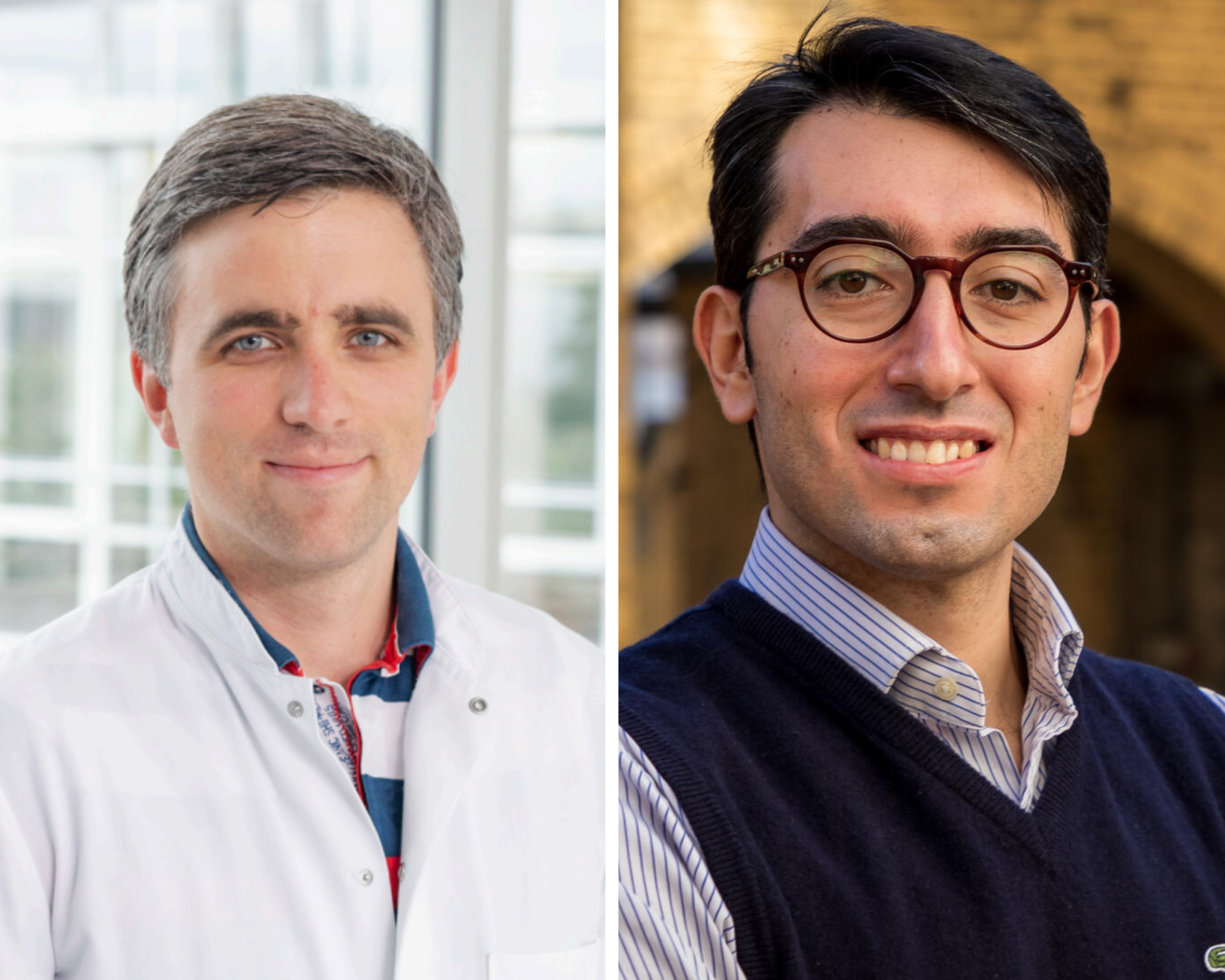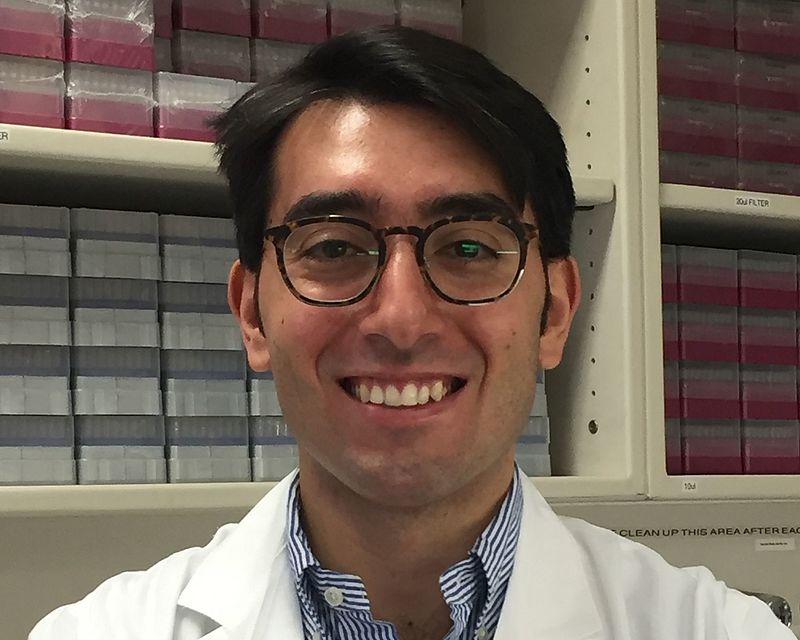The Starting Grants are awarded by the European Research Council (ERC) every year. They are endowed with up to 1.5 million euros and run for five years.
Dr Gabriele G. Schiattarella
will investigate how ketone bodies – by-products of fat metabolism – impact on heart failure with preserved ejection fraction (HFpEF). He is receiving €1.8 million for his work.
Schiattarella is head of the DZHK-funded junior research group “Translational Approaches in Heart Failure and Cardiometabolic Disease” at the Max Delbrück Center in Buch. He also works at the Department of Internal Medicine and Cardiology at the Charité – Universitätsmedizin Berlin.
HFpEF is a very common form of heart failure – more than 30 million people worldwide are affected by this syndrome. “In the years ahead, it will become the leading cause of heart failure,” says Schiattarella. In HFpEF, it is not the heart’s pumping power that is excessively impaired, but its capacity of relax (elasticity). As a result, the cardiac muscle cannot take in enough blood to supply the body with sufficient oxygen and nutrients. People with HFpEF experience a reduced exercise tolerance, fluid accumulation in the lungs and the rest of the body, and shortness of breath. Currently, little is known about the molecular mechanisms of the disease and barely any drugs exist to treat it.
Schiattarella’s group discovered that HFpEF patients have elevated levels of ketones in their blood, which are by-products of the body breaking down fat. When our cells do not receive sufficient glucose – during fasting or exercise, for example – the body burns fat instead. This produces ketones, or ketone bodies, which function as an alternative source of energy for cells. “They are powerful fuel for cell metabolism,” says Schiattarella. “Cells also use them to communicate changes in their metabolism.”
Schiattarella wants to investigate what it is that stimulates ketone metabolism in HFpEF and why. “It may be the body’s way of providing the affected heart muscle cells with more energy, or compensating for damage,” the researcher supposes. He also wants to clarify whether and how ketones, particularly the most common ketone ß-hydroxybutyrate (ß-OHB), regulate chromatin structure, gene transcription, and signaling in cardiac muscle cells – thus affecting their elasticity, for example. Finally, he wants to develop therapeutic strategies to further increase ketone levels in HFpEF – whether through diet adaptations, specific exercise training, or drugs.
The scientist and his team have a wide range of technologies at their disposal at the Max Delbrück Center. “We will develop various animal models and combine proteomics, transcriptomics, and genomics approaches,” says the researcher. “That and the project’s three main areas of focus – ketones metabolism, their signal transmission, and the development of ketone-based therapeutic strategies – make KetoCardio a big deal in cardiovascular research.”
Privatdozent Dr Thorsten Kessler
heads a research group at the German Heart Centre Munich. With a Starting Grant of around 1.5 million euros, he is researching communication between cells in cardiovascular inflammation.
Whether a person is at risk of a heart attack or coronary heart disease as well as the course of these illnesses is influenced by many factors. These include changes in various cell types such as cardiac muscle cells, vascular cells and blood cells, which are subject to intensive research. In the MATRICARD project, however, Thorsten Kessler is studying the extracellular matrix (ECM). This term describes the structural network in which the cells are positioned. In recent years it has become clear that the ECM is more than a supporting scaffold. It also plays a role in intercellular communications. Kessler and his team have already discovered that proteins in the ECM can influence the behavior of neighboring cells, for example inflammatory responses. The scientists now plan to analyze the molecular mechanisms in the ECM in greater detail and identify possible starting points in the search for new drugs to treat cardiovascular diseases.
Sources:
Press release Max Delbrück Center
Press release Charité – Universitätsmedizin Berlin
Press release Technical University of Munich


